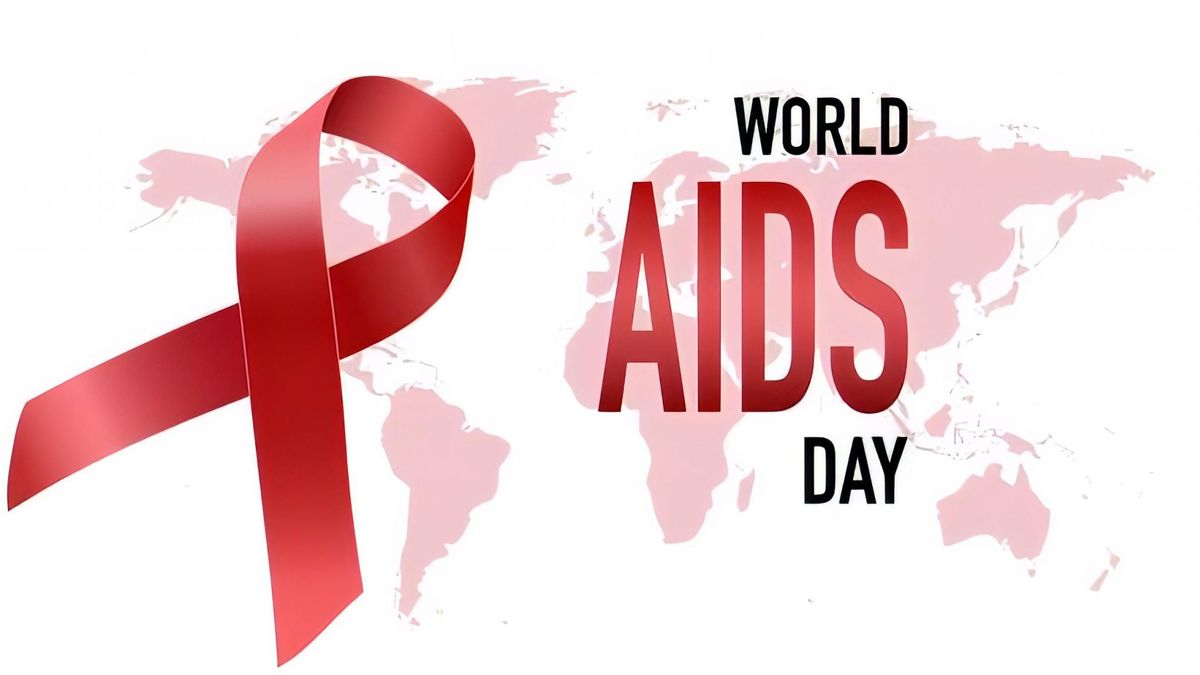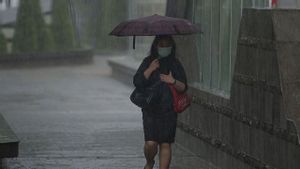JAKARTA The Human Immunodeficiency Virus (HIV) infection is still a global health problem to date. WHO noted that there are around 38.4 million people living with HIV worldwide in 2021. As many as 10 percent of them came from Southeast Asia, including Indonesia.
HIV prevalence in most parts of Indonesia, according to the Director of Infectious Disease Prevention and Control of the Ministry of Health, Imran Pambudi, is 0.26 percent. Meanwhile in Papua it reached 1.8 percent. Most cases of HIV occur in the age group of 25-49 years.
Imran does not deny that HIV prevention in Indonesia is still quite challenging. Based on data observations for the 2018-2022 period, efforts to prevent HIV transmission, especially in women, children, and adolescents, have not been optimal.
"Every year, children with HIV are still found who show that efforts to prevent HIV transmission from mother to child still need strengthening," said Imran at the 2022 World AIDS Day Media Meeting which was followed online on November 29, 2022.
In the last 12 years alone, HIV has infected 12,533 children under the age of 14 years. Dominated by men and of this number, only 7,800 children have undergone treatment.
"The gap is still quite high," said Imran.
Thus, parents' knowledge is the main key to preventing children from being infected with HIV. Parents must start to improve education related to reproductive health and stay away from behaviors that have a negative impact on the health of them and their children," added Imran.
HIV attacks and weakens the immune system. Transmission can be through sexual intercourse with people who have been infected with HIV. The risk of transmission is greater if you change your partner or have sex with more than one partner and do not use condoms.
HIV is also contagious through the joint use of syringes, piercing needles, tattoo needles contaminated with HIV. In addition, infected mothers can also transmit HIV to their babies during pregnancy, during childbirth, or during breastfeeding.
In the process, people infected with HIV do not immediately suffer from Acquired Immunodeficiency Syndrome (AIDS). Launching the book Researching HIV/AIDS from Theoretical to Practice', the transmission of HIV infection to AIDS consists of five phases:
"HIV AIDS is an infectious disease that can be treated. If you have tested positive for AIDS, don't be discouraged. This is not the end of everything," said Imran Pambudi.
People with HIV AIDS (ODHA) can undergo antiretroviral (ARV) treatment whose goal is to reduce the risk of HIV transmission, inhibit the worsening of opportunistic infections, improve the quality of life of patients, and reduce the number of viruses in the blood until they are not detected.
As a support for treatment, ODHA must also routinely counseling on compliance with medical treatment, family planning counseling, and maintaining nutrition and a healthy lifestyle.
Let's reach out, move together to end AIDS in Indonesia by bringing equality to all, especially women, children, and adolescents.
Unita langkah pencegahan HIV. Semua setara end AIDS.
The English, Chinese, Japanese, Arabic, and French versions are automatically generated by the AI. So there may still be inaccuracies in translating, please always see Indonesian as our main language. (system supported by DigitalSiber.id)












